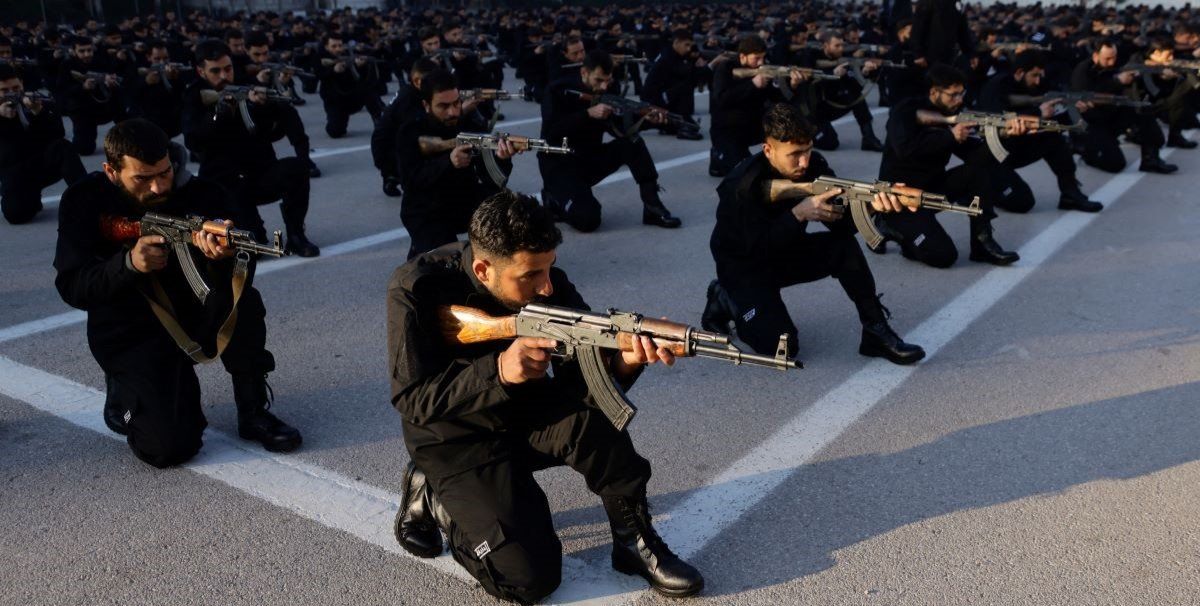Yes, this is raising eyebrowsin diplomatic circles, with some expressing fear it could presage a larger role of Islamic law in Syria’s future constitution and governance. Such an emphasis would deepen divisions between religious hardliners and minority populations while also jeopardizing relations with Western governments. The focus on sharia has deterred some potential recruits, particularly Alawites, Christians, and Druze, as well as secular Syrians, from applying.
Syria’s police force faces overwhelming challenges: Stations ransacked after Assad’s fall are now sparsely staffed, and crime is rampant. The recruitment drive has drawn over 200,000 applicants, but only 500 officers have graduated so far. Training currently lasts just 10 days, focusing on weapons and religious principles, and there are plans to extend it as security improves. We’ll be watching whetherthe emphasis on sharia fades — or grows — as HTS consolidates control.
